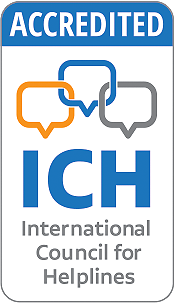
For more information, contact Jaime Angelini, MA, DRCC, AMTP, Statewide Director of Disaster Services and Special Projects, at jangelini@mhanj.org or (973) 571-4100, ext. 215.
The Mental Health Association in New Jersey (MHANJ) supports diversity, equity, inclusion and engagement. We offer a variety of programs addressing emotional health for families and individuals with diverse backgrounds that vary by culture, race, ethnicity, gender expression, religion and language.
MHANJ recognizes health disparities and actively works to increase awareness, education and access to care for everyone. We advocate for emotional wellness through a holistic approach encompassing the mind, body, and spirit, while combatting stigma and other barriers.
We provide education and training to help increase understanding, break stigma, and address mental health challenges faced by diverse communities.
—Family Support Groups/ Education Workshops
- Our diverse, multilingual, multicultural team provides group sessions to help mitigate stress, manage emotional reactions and problem-solve. Topics such as vaccine hesitancy, financial insecurity, grief and loss, stress and mental health challenges are the focus of many discussions from group participants.
- Workshops provide families with information on topics of mental health wellness, mental illness, suicide prevention and more.
—Community Engagement
- Collaboration with and convening diverse groups
—Strengthen the role of leadership in promoting mental wellness
- Educate leaders on the topic of mental health, prepare leaders to recognize mental health symptoms, learn how to have an appropriate conversation about it, and refer people to mental health professionals. Families in faith-based congregations and other organizations may likely be experiencing mental health challenges, so it is critical to find ways to normalize the conversation about mental health.









